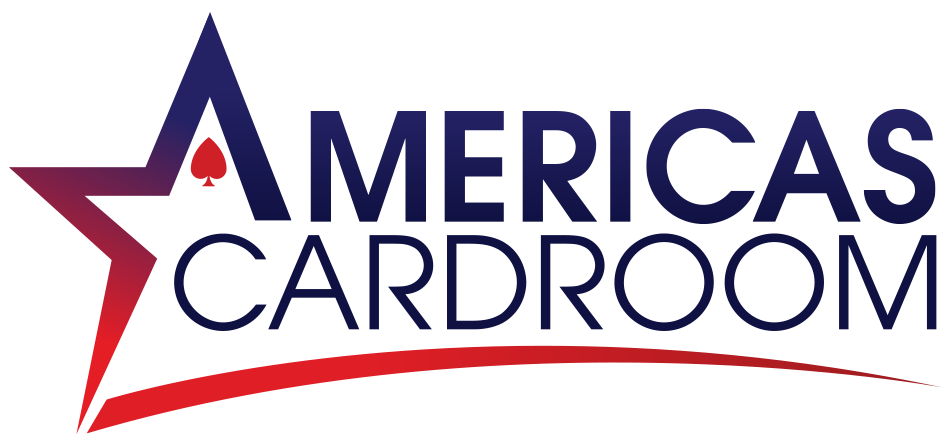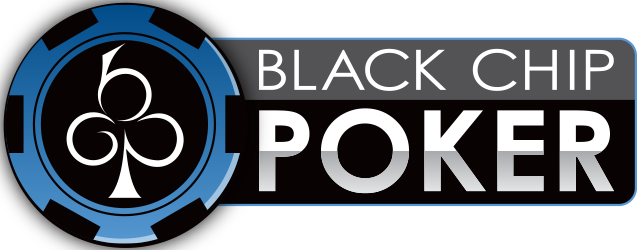Practice Poker – How to Practice Playing Poker
Recommended Poker Sites April 2025
| 1. |  |
Ignition |  |
 |
n/a | Ignition |  |
|
| 2. |  |
Bovada |  |
 |
n/a | Bovada |  |
|
| 3. |  |
BetOnline |  |
 |
n/a | BetOnline |  |
|
| 4. |  |
Intertops |  |
 |
n/a | Intertops |  |
|
| 5. |  |
Sportsbetting |  |
 |
n/a | Sportsbetting |  |
|
| 6. |  |
America’s Cardroom |  |
 |
n/a | America’s Cardroom |  |
|
| 7. |  |
Blackchip Poker |  |
 |
n/a | Blackchip Poker |  |
Must be at least 18 to open a new account
Numerous world champions will attest that a large amount of their poker skill was learned away from the actual poker table. This wasn’t because they could not find anyone to play with; instead, it was because they took the time to study things like probability, percentages, and betting patterns. On the other hand, they will also attest to the fact that spending time at the tables has helped them learn how to read other players, which in many cases is more important than the actual cards themselves. This article will help the amateur learn how to practice playing poker and provide a few tips on how to jumpstart your game.
Digging into the Statistics
Believe it or not, any single poker hand has a total of 1,302, 540 distinct combinations. Now, most of them are definitely going to be ones that you will want to fold, but there are also a good number of them that you’ll want to place the maximum bet that the table will allow whenever there’s a chance that your opponents will not fold. In between all of those great and horrible hands are where the decisions come in at, and it is up to each player to diagnose them on the fly.
For example, let’s say that you’re playing at a Texas Hold’em table and you’re dealt pocket 3’s to start off with. It may appear like a great starting hand, but the overall odds of it beating a single player with any two higher cards is only about 55%. Now don’t get us wrong, 55% is excellent odds at any table, but if two players call then those odds drop down to somewhere between 34 and 40%. That means even if one player was holding 4,5 off-suit and the other had 6,7 off-suit, it’s still pretty much an even game between the three of you. If one of those players ends up with a pair after the flop, then your overall odds of winning that hand fall to a measly 5%.
Studying probability is a major advantage for poker players and it is why so many math professors end up sitting at final tables in big tournaments. Learning the odds will not only help you win hands, but it will also help you make better decisions on when to fold.
How to Bet
Betting is almost equally important because it determines who will stay in the hand and who will get out of Dodge. Without even considering the cards on the table, if you place the maximum bet and everyone folds, you’re automatically the winner. Of course, if someone calls and you do not have the winning hand then you just lost a fortune on a stupid bet, but that’s the joys and heartaches of online poker.
Amateur players have to find a happy medium somewhere in between being ridiculously aggressive and far too conservative. Professional players have betting down to a science; they may raise one hand with nothing and then check the following hand when they know for a fact that they have the winning hand. They adopt this style of play because it keeps their opponents constantly guessing, which makes a lot easier to win that big hand once it finally comes around.
For example, let’s say that you start a Texas Hold’em hand with pocket aces. Many people would assume that this would always be a hand to raise immediately, and in some cases it would definitely be the correct move. If everyone at the table folds because of your bet, however, then you just threw away the best hand you’ll see all afternoon. It’s critically important to find a healthy balance that keeps your table off guard.
Playing the Players
Reading the other players at any online poker table is absolutely the most important aspect of the game. Each of their actions will define how each hand should be played, and the better you get at determining each person’s probable hand the higher the chance is of you consistently making money.
Before we can play those pocket aces that we just spoke of a minute ago, we need some imaginary people to play against. For this example, let’s say that there are five other players at the table and each of them have similar chip stacks. Let’s also say that players #1 and #2 at your table are highly aggressive (meaning that they raise often), #3 and #4 are very conservative (they only bet with very strong hands), and the fifth player has folded just about everything. For the sake of argument, let’s also say that you are in the big blind…so you’ll bet last.
This hand opens up with player #1 betting and player #2 raising the pot. Player 3 calls the hand, and both #4 and #5 fold. When the action reaches you, a re-raise may convince player #1 to fold, and player #3 will only stick around unless he has a high pocket pair or A/K or A/Q suited. Calling the hand will bring the flop, and since player #3 usually doesn’t call big raises we have to worry if a king, a, queen, or three of the same suit shows up. Of course, with pocket aces we’re not folding at this point, so it would probably be wise to raise or even go all-in. That gets #3 out early and hopefully one of the aggressive players take their chances.
However, what if the conservative player folded to the initial raise of player #2? Now we don’t have to worry as much about chasing anyone out, and the best bet would be to simply call. If there were no raises at all before the action reached you, then the right move may even be to check….it all depends on which players are in the hand and which are not. If the aggressive players all folded and you’re left head’s up against a conservative player, you may not be able to make a single large bet until the river. Of course, if you think that your hand is no longer the winner, making that large bet could force the remaining player to fold…and you’re still the winner. Betting all depends on who’s in and who’s out; the aces are almost irrelevant.
Of course, this type of strategy does not simply form overnight, and the best way to gain experience is to sit down at a table and play boring, conservative poker until you have a pretty good feel for the table. Once you have the other players tendencies figured out and the statistics show that it’s time to bet, play the style that best dictates taking everyone else’s money. Sometimes that will mean that you’re the person raising everything, and sometimes you’ll be that conservative player that sits back and sets traps. Only the table can decide your role at that particular moment, and it starts over again every time you sit down at a new table.




